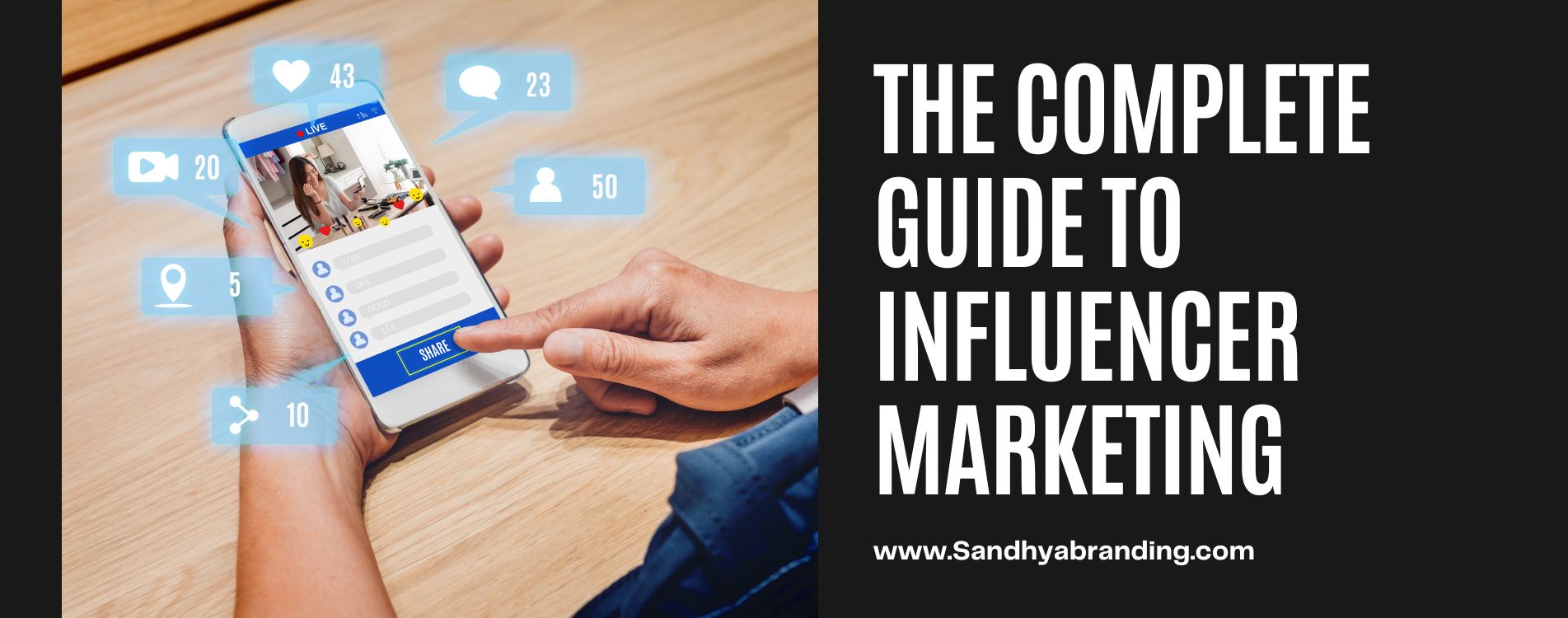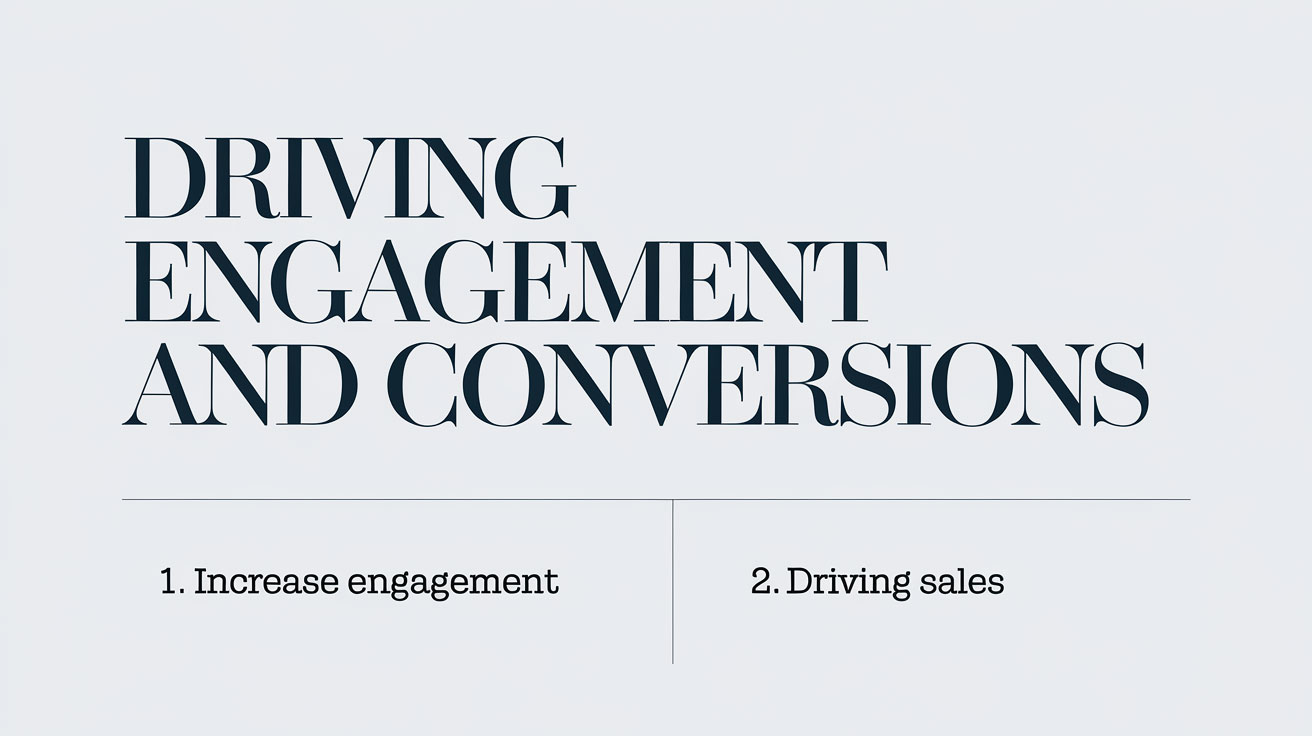
We know and follow many "Influencers" on Instagram and ––Facebook. These are people with large social media followings who create reels and videos with high engagement. Influencer marketing is when such influencers promote a product by leveraging the trust of their social media followers. Influencer marketing is a more authentic version of marketing than the traditional one.

Reach New Audience:
When an influencer promotes a brand or product, they open up a new audience to the product. The new audience is their high number of social media followers, resulting in gaining a new audience and increasing brand awareness.
Cheaper and more accurate:
Influencer marketing is way cheaper than TV advertisements and more accurate in reaching the targeted audience. Marketing through an influencer whose followers match the brand's target audience ensures precise targeting.
Getting the Right Influencer:
The foundation for influencer marketing is finding an influencer whose content and followers align with the brand's niche and audience. This means attracting an audience associated with the product or the niche and avoiding audiences who are less likely to convert.
Setting clear goals for the campaign:
Setting a clear goal, such as increasing brand awareness, driving sales, or generating leads, helps guide the strategy and allows for effective measurement of success.
Creating authentic and engaging content:
Focus on creating engaging stories with influencers. The key is to connect on an emotional level with the influencer's audience rather than just trying to sell something outright. This approach can make campaigns more impactful.
Selecting micro-influencers:
Select an influencer with fewer followers whose content niche aligns with the brand's product or service.
Creating compelling content:
Create compelling content with influencers, giving them the freedom to position the product or service in a way that generates UGC content and increases community engagement and reach.
Setting clear goals and KPIs:
Set a clear goal for the campaign and set measurable KPIs (key performance indicators) to know the campaign's success.
Track the results:
Track your campaign's progress using analytics tools. Monitor engagement, website traffic, and sales to measure ROI (Return on investment).
Selecting an influencer:
A general mistake brands make when creating a Brand Strategy is preferring an influencer with a high number of followers, while they should prefer engagement quality over follower count.
Ignoring authenticity:
Try and design the strategy with influencers rather than forcing them to promote a brand in a way that doesn't align with their natural content style.
Failing to measure return on investment:
Keeping track of the campaign is essential. Measuring the data through tools can help in making the right decisions.

A. Measuring the engagement:
By measuring the engagement i.e. Likes, comments, and shares on the content created by the influencer.
B. Checking the conversion:
track sign-ups and sales to measure the result of the campaign.
And the most authentic way is through surveys and feedback: Get the feedback from your audience to understand the impact of the campaign.
Influencer Marketing for Brands has been successful for brands looking to enhance their visibility on social media.
When an influencer promotes a brand, it gains rapid brand awareness through influencer followers and also gains Credibility amongst the followers. Helping brands quickly gain trust and recognition in the market, expanding the reach of the brand.

A. Increase engagement:
The content made by an influencer gets more engagement as people are attracted to content made by the influencer.
B. Driving Sales:
Influencer Marketing for Brands can drive sales as influencer endorsements often lead to higher purchases among followers.
The best example of Influencer marketing is Kylie Cosmetics. It's a cosmetic company owned by Kylie Jenner. Yes, everyone knows who Kylie Jenner is, and that's what made Kylie Cosmetics what it is right now: a dominating player in the industry.
A simple strategy! Kylie Jenner uses her personal brand to boost and promote Kylie Cosmetics. Her Brand Influencer Strategy is:
A) Collaborating with celebrities and personal branding.
As a well-known celebrity, she uses her personal brand to promote Kylie Cosmetics. Her high social media presence allows high engagement in no time, and she often launches products on various social media platforms. Leveraging her followers.
B) Engagement through social media.
Kylie uses social media for direct engagement by organizing free giveaways and contests, which result in UGC, increase visibility, and enable community interaction.
Q1: Why Is Influencer Marketing Important for Brands?
A1: Influencer Marketing is important for brands as it increases authenticity, which leads to a brand's building trust and increases in Credibility and reaching a new audience through Influencers.
Q2: How Can Brands Influencer Marketing Effectively?
A2: Brands can leverage influencer marketing by selecting the right influencers who align with their values and target audience. They can also utilize multiple platforms for maximum reach and engagement.
Q3: What Are the Key Benefits of Influencer Marketing for Brands?
A3: Gain Credibility by the recommendation of a trusted influencer.
Gaining high engagement as influencer marketing content gets higher engagement. Improve conversion rates as influencer marketing can affect sales positively.
Q4: What Should Be Included in a Brand Influencer Strategy?
A4: Things like a clear goal for the campaign, a Clear choice of influencers, and measuring performance should be included in a Brand Influencer Strategy.
Q5: What Are Some Influencer Marketing Tips for Brands New to This Strategy?
A5: Remember, starting with small influencers and focusing on authenticity can lead to positive results. It's important to monitor and adapt as you go.
